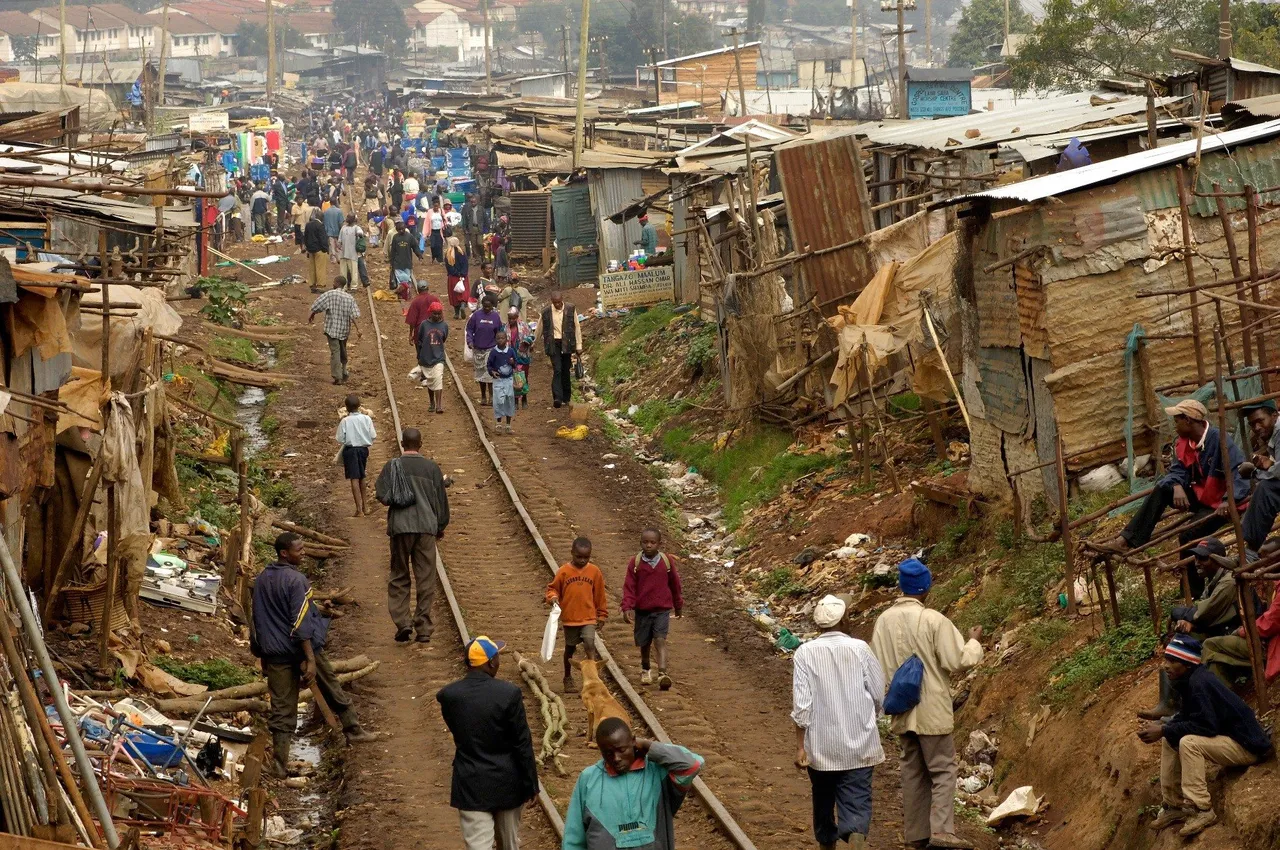
Image Source
Our Current System
I’ve always been a believer that our current system of donation and foreign aid was not the right way to do things. I’m still shocked at the fact that most charities don’t donate even close to half of the money they receive to the cause they say they do. Perhaps that is why charities aren’t the hot thing anymore, with that honor being given to aid organizations (NGO’s, others). I had never taken the time to really examine the whole system and its various implications. I don’t think about donating, and that is because I am not secure in my own vision for the future of myself. I can’t help others until my own success is secured. Even when that happens, donating money never made sense. It might make you feel good to give money to these poor people but think about it. You are giving money to these “helpless poor souls”. Right from the get-go, you introduce this idea that people in Africa or the Caribbean can’t fend for themselves, they can’t take care of themselves without your help. Not thinking about it deeply, you can still feel good about the fact you gave a couple hundred grand or donated certain items. But by doing so you are perpetuating the system of poverty.
The example of rice in Haiti really encapsulates the whole thing. The world saw a disaster, and as we SHOULD, we stepped in to help by donating and whatnot. However, we never stopped. We never let the people in that country go back to doing for themselves. We continued to flood Haiti with subsidized rice, putting local people out of business and thereby creating more “poor people we need to help”. Toms sounds like a great idea! Again, until you remember the cobbler you put out of business. Until you remember the leather farmer who no longer has clients. Giving people free things sounds great because it is something that sort of makes sense. They need shoes. We will give them shoes! But fundamentally, it is not how a market economy works. Having unlimited free supply shrinks the demand, and then the local folks can’t support themselves.
Other problems
The simple fact is that we have to let this current system die. Our current system of importing all this free stuff in an attempt to “help” the local population is flawed. It perpetuates poverty. It incites people to believe LESS in themselves, because they would not need free stuff unless they were incapable of doing it themselves right? The other issue is that the governments of these countries now want to listen more to the aid organizations than the needs of their people. You listen to the guys with the checkbook, especially if doing so bolsters your own current position. It is a vicious circle, and you must ask, who benefits? Well, the people in charge of these NGO’s, the CEO’s and whatnot who have to get together the rich community to donate benefit. They of course take a chunk off the top, usually tax free. They employ their friends (who also get paid tax free) to go to these countries and have a grand old time. The current recipient governments benefit from the system, because by destroying the economy the people really don’t have the power to overthrow them. The companies who produce the subsidized goods get helped because they make profit on their product. Who doesn’t really benefit? The normal, everyday people in those countries!
So what can be done?
As I said before, we must let the system die. Instead of “giving” to these countries, we should be partnering with the people on the ground. We should be strongly encouraging entrepreneurial activities of the citizens. Not only should we be encouraging it, but we should be providing the training for specialized activities and then LEAVING! *It is a centuries old adage that if you give a man a fish, you feed him for the day, but if you TEACH the man to fish, he is fed for a lifetime. It is true today. No country has every truly developed out of charity. Countries develop because entrepreneurs start a business and employ people, who in turn can start their own. *One other way we can help is by providing the ability to get loans to these SME’s. They usually lack the access to that type of capital, and by filling that missing gap, we will allow so many people to lift THEMSELVES out of poverty. That should be our ultimate goal if the goal is to really “end poverty”. Giving more aid is not how we get there. Giving people the chance to stand up on their own is how we do it.